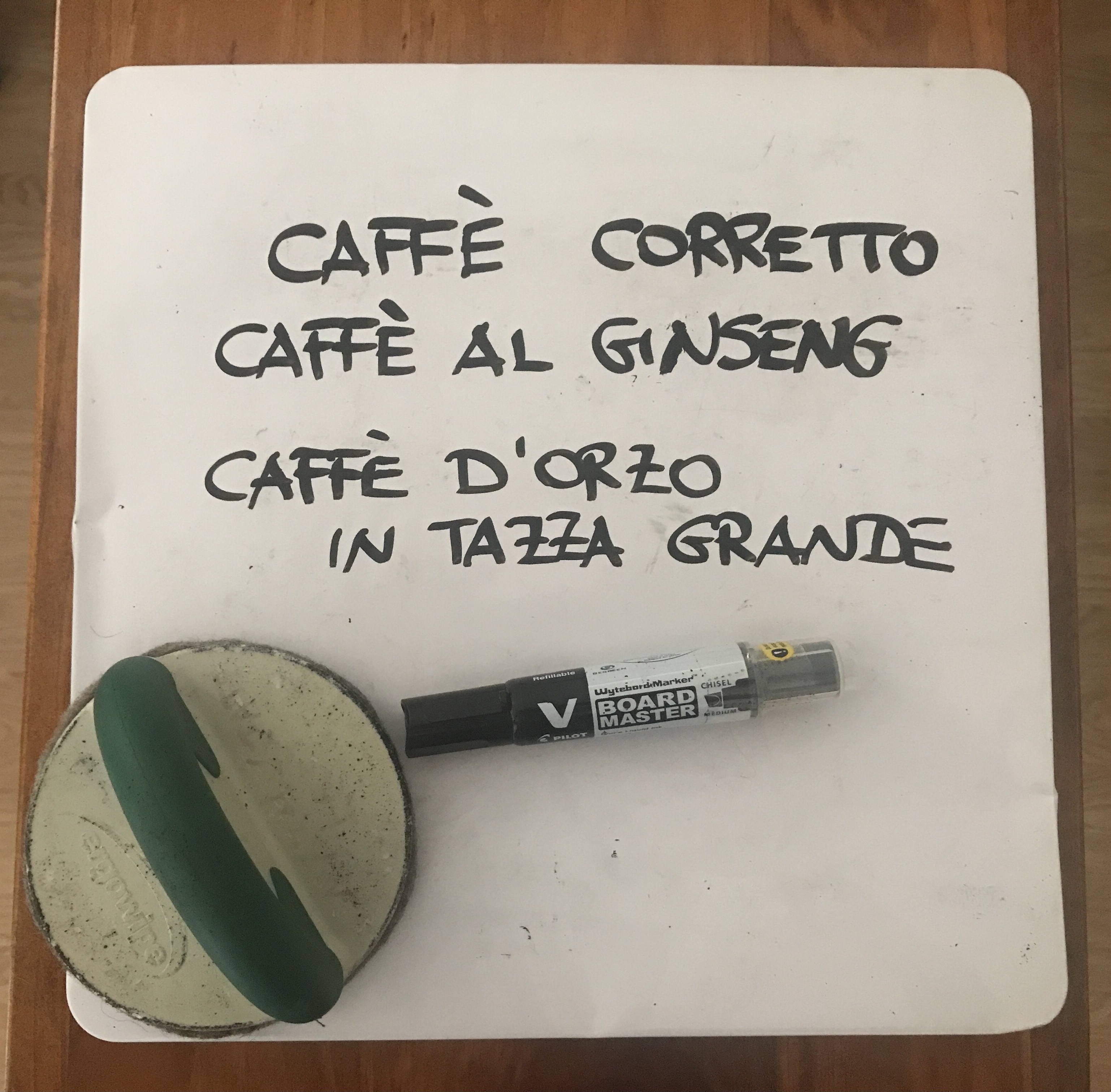Tuning In: How Podcasts Can Help You Find Your Italian Voice

Introduction:
Podcasts can be a fantastic plus to your language-learning toolkit.
They’re convenient, immersive, and offer a unique way to expose yourself to Italian beyond traditional methods.
But are they the ultimate solution?
Not necessarily.
Personally, I do enjoy recommending podcasts according to individual needs and interests: when things are tailor made, they fit better isn't it?
In this post, I’ll share some recommendations and tips to make the most of it, and a final note on the reasons why balance is key in your learning journey.
Why Podcasts Can Be a Great Learning Tool
Podcasts are a wonderful way to:
- Get a feel for the sounds, rhythm, and flow of spoken Italian
- Pick up vocabulary in context.
- Hear how Italian people naturally use idiomatic expressions, and more
But here’s an important tip: choose podcasts that match your level.
Listening to something too advanced can leave you feeling frustrated or overwhelmed, while something too basic might not keep you engaged.
Finding the right fit ensures you stay motivated and make steady progress.
However, podcasts aren’t a magic fix.
They’re great for immersion, but they can also become a passive habit.
To make them truly effective, you need to actively engage with what you hear. Tips after some recommendations.
Podcast
Here are a few of my favorite podcasts to get you started:
Coffe Break Italian
Actually, this is more " the people's choice", , given that it's very popular among my students and beyond.
For me, I am not fully convinced.
Let's see why and how to turn it into a more engaging tool.
👍 Good for beginners, this podcast introduces everyday vocabulary and expressions in digestible episodes.
👎 Old school method: the teacher says something, the student will repeat or combine the vocab just learnt to build up new sentences.
But nowadays, the learner's role is much more active!👎At least for the first season (which dates back some years ago), the teacher is a nice guy from Scotland, helped by Francesca (the...native speaker?).
No Italian teachers around?
Top tip: Use this podcast after a lesson on the same topic to reinforce what you’ve learned. It’s a great way to hear familiar vocabulary in context and solidify your understanding.
Voci d'Italia, Loescher
Intermediate learners will love this podcast, which features engaging stories.
Audio Documentari, RAI
For advanced learners or bold adventurers.
Of course, these are just a starting point: high quality content for you.
I tailor podcast suggestions to my students’ levels and interests—imagine having your own personalised Italian podcast playlist!
Turning Passive Listening Into Active Learning
Podcasts are often seen as a passive activity, but they don’t have to be.
Here’s how to transform listening into a powerful learning tool:
1️⃣ Take Notes
While listening, jot down the most relevant words or phrases you like.
2️⃣ Test Your Memory
After the episode, challenge yourself to recall as many words as you can and their meanings.
3️⃣ Use Them in Sentences
Try creating new sentences with the vocabulary you’ve learned.
4️⃣ Add Them Into Your Daily Routine
Use these new phrases in real conversations—during your Italian sessions, when chatting with Italian friends, or even while imagining a trip to Italy.
The Challenge of Balance
From my experience, both as a teacher and a language student, it’s easy to make time for listening to podcasts but harder to actively practice speaking or complete exercises.
Finding the right balance is tricky, especially when life gets busy.
To learn a language, we need it all: speaking, listening, reading, and writing!
This is where having a guide can help you stay focused. Whether it’s setting clear goals or finding the right materials, working with an expert (like me!) can turn your efforts into real progress.
Final Thoughts
Podcasts are just one piece of the language-learning puzzle.
By using them creatively —taking notes, practicing, and using what you learn, and supervised by the right tutor—you can turn them into a powerful tool for finding your Italian voice.
What are your favorite podcasts, or what would you love to hear in a new one?
If you wish, let me know here.